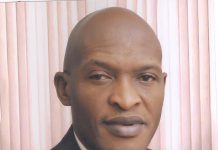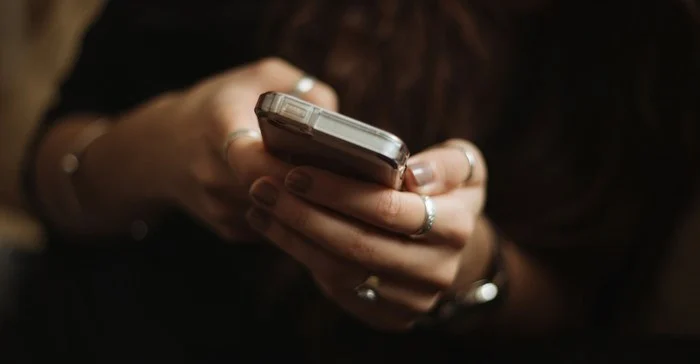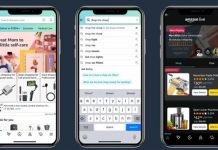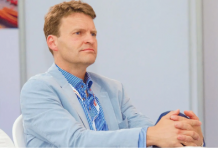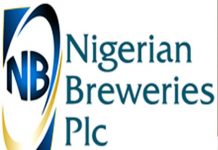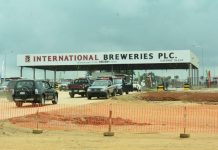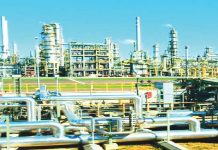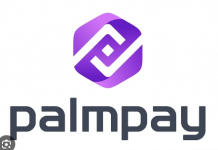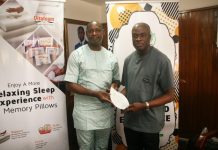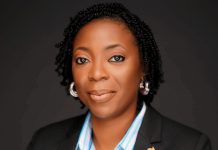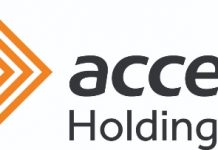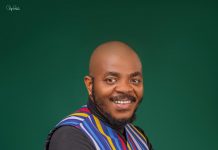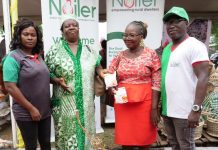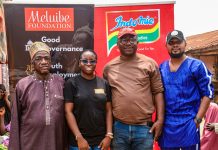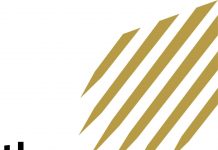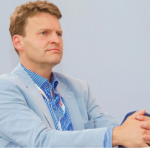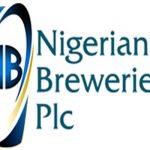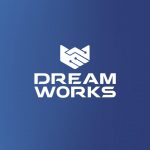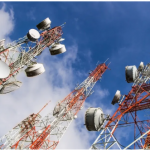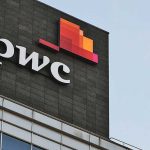The COVID-19 pandemic has hit the shores of almost every country in the world. While the immediate impact of the virus has been felt in major cities, the economic impact of the pandemic spreads quickly to rural areas. In Nigeria, there has been significant economic impact for many, especially those living in the rural communities.
A ripple effect of the Coronavirus disease is the drastic increase in the use of plastic, the main component in hand sanitizer bottles, takeout containers and other products central to our new way of life, following the lockdown restrictions. This has further exposed the lapses in waste management and recycling.
As a result of the New World Project of The Coca-Cola Foundation titled RESWAYE (Recycling Scheme for Women and Youth Empowerment), much-needed comfort has been brought to these vulnerable communities through a Plastic buy-back scheme across 16 coastal communities in Ibeju Lekki. With considerable joy, these low-income communities exchanged their plastic for cash during a recent outreach led by Doyinsola Ogunye, founder of Mental and Environmental Development Initiative for Children (MEDIC).
MEDIC, the implementing partner of the RESWAYE project, is an NGO focused on building a sustainable environment and oceans through improved education and job creation for more resilient communities. They stand for growth and are passionate about their work with communities, especially in areas around plastic pollution, recycling and empowering women & youths along the Atlantic coast in Lagos, Nigeria. This has brought hope to the women and youths in these communities who earn decent wages from these recovered plastic bottles to better support their families in these challenging times.
Every year, eight million metric tons of plastic finds its way into the ocean, this is equivalent to a truckload of plastic being dumped into the ocean every minute. This waste poses a clear and present danger to marine life, as well as coastal communities that are forced to deal with plastic bottles washing up on their shores. The RESWAYE initiative buys back recyclable materials from women and youths to encourage a cleaner, more sustainable environment. Amongst the 16 participating communities in Ibeju-Lekki, a total of over 72,000 kilograms of recyclable plastic waste materials have been recovered across Eti-Osa and Ibeju-Lekki communities in Lagos state.
Remarking on the initiative, Sebidat Sam, the Women Leader for the Okun Ise, Ibeju-Lekki community said “Na good thing, with this we clean the environment and also collect money to take care of our family”.
Speaking on behalf of The Coca-Cola Foundation, Public Affairs, Communications & Sustainability Manager, Coca-Cola Nigeria Limited, Nwamaka Onyemelukwe said, “By partnering with NGOs such as RESWAYE, Coca-Cola aims to develop an effective recycling system that meets the unique needs of local communities, making recycling more accessible for everyone while also encouraging the economic empowerment of women and youths”.
The giveback program also featured an education drive, a medical outreach and a financial empowerment program. With children and youths out of school due to closures mandated by the government in a bid to curb the spread of COVID-19, the education drive provided out-of-school children with books and stationery to facilitate the continuity of education for all through remote learning.
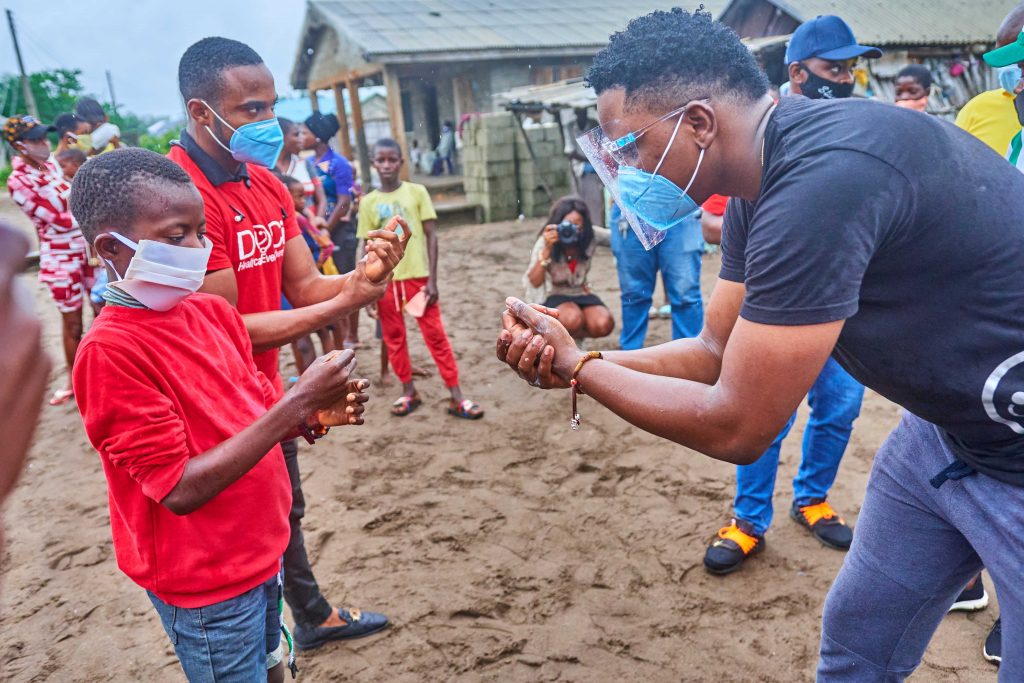

The medical outreach in partnership with the Fola David Foundation provided residents of the communities with face masks and mosquito nets. The program also created awareness on the importance of good hand hygiene through practical demonstration of best handwashing practices to prevent the spread of the COVID-19 virus.
Basic financial literacy and account opening exercises were also conducted during the give back program. Karim Aishat, a beneficiary of the program recalled her initial fear of the coronavirus and how the education she had just received will help her keep her family and community safe.
Speaking on working with the coastal communities, Doyinsola Ogunye, Founder of MEDIC said, “Seeing our network of women and youth recyclers protect the shorelines and coastlines of Lagos state as they gather plastic waste has been deeply fulfilling. Economically empowering the women and youths during these turbulent times as they continue to preserve the environment is paramount”.
Coca‑Cola’s “World Without Waste” vision fosters collaboration with multiple stakeholders, including partners, government and civil societies like MEDIC, and promotes continued leadership in packaging waste reduction by helping to collect the same amount of packaging the company sells for reuse by end of 2030. This vision also supports communities by helping them identify and better understand their existing recycling and collection challenges while engendering a recycling culture amongst residents.








